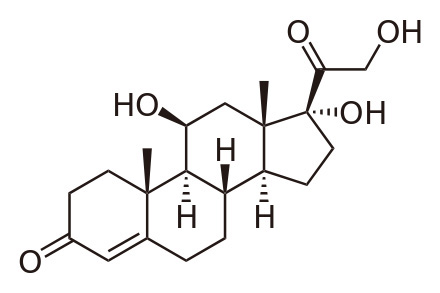Depression and Hippocampal Plasticity
 Stress has been demonstrated to produce glucocorticoids, which are known as "stress hormones," that can negatively impact our memory skills, as these stress hormones cause BDNF to decrease, especially in the hippocampus, the memory area. Have you ever been through a period where you feel really stressed out and just can't seem to remember even some simple things, like where we you left the keys or other things that should be simple and automatic? This may be why. In addition, continued release of these hormones over a period of time can decrease synaptic connectivity and in the case of persons who are chronically stressed out, such as those who have PTSD, they may have trouble actually laying down new memories. Or possibly, the type of connectivity is changed, such that they seem to only retain the more negative memories regarding the events or situations that led to the PTSD. It is felt that these sorts of negative memories are the ones that become "hard-wired" and can be difficult to get rid of. In these situations, use of anti-depressants may be effective.
Stress has been demonstrated to produce glucocorticoids, which are known as "stress hormones," that can negatively impact our memory skills, as these stress hormones cause BDNF to decrease, especially in the hippocampus, the memory area. Have you ever been through a period where you feel really stressed out and just can't seem to remember even some simple things, like where we you left the keys or other things that should be simple and automatic? This may be why. In addition, continued release of these hormones over a period of time can decrease synaptic connectivity and in the case of persons who are chronically stressed out, such as those who have PTSD, they may have trouble actually laying down new memories. Or possibly, the type of connectivity is changed, such that they seem to only retain the more negative memories regarding the events or situations that led to the PTSD. It is felt that these sorts of negative memories are the ones that become "hard-wired" and can be difficult to get rid of. In these situations, use of anti-depressants may be effective.
Evidence also suggests that the brain produces increased trophic factors, especially BDNF, immediately following a brain injury. However, after a period of time, there is also a down-regulation of trophic factors, so earlier in the recovery process might be an important time to engage the patient, as much as possible, in physical and cognitive exercise to help get those trophic levels back up and to optimize recovery.
< Neuronal Remodeling Last | Next Appreciating Plasticity >

